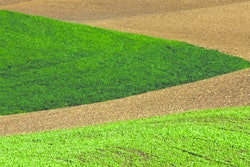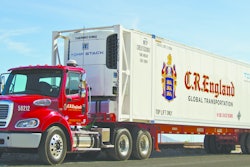The Food Literacy Project and the Harvard Undergraduate Beekeepers will be working together the next few weeks on the campus of Harvard University as they recently announced they will provide students with a variety of bee-pollinated foods at a series of "Food Future Study Breaks" to raise awareness about the role that bees play in our sustainable food supply.
“The study breaks are a perfect way to disseminate information through delicious food to a large portion of the undergraduate population,” FLP coordinator Louisa Denison said. Organizers say the study breaks are intended to inform students about a recent unexplained decline in bee populations, a phenomenon which scientists are calling “colony collapse disorder.”
“Despite the fact that [colony collapse disorder] has been getting a lot of media coverage, it is an unknown topic for a lot of people,” Denison said.
According to co-head of the campus Beekeepers group Li E. K. Murphy, maintaining a healthy bee population is critical to developing a sustainable food supply for the future. The FLP reports that over one-third of our food supply, including common foods such as apples, squash, broccoli, and berries, is dependent on the honey bee and cites almonds as one of the most dramatic examples of the importance of the honey bee. According to the FLP, 85% of almonds are grown in California’s Central Valley, all of which are pollinated by honey bees brought in from around the country. The study breaks will also discuss the more general effects bees have on our food supply. By pollinating food for farm animals, Murphy said bees play an important role in meat and dairy production.
"There is a natural connection between bees and food futures," said Murphy. "You can't have breakfast without bees." To read more, click HERE.















